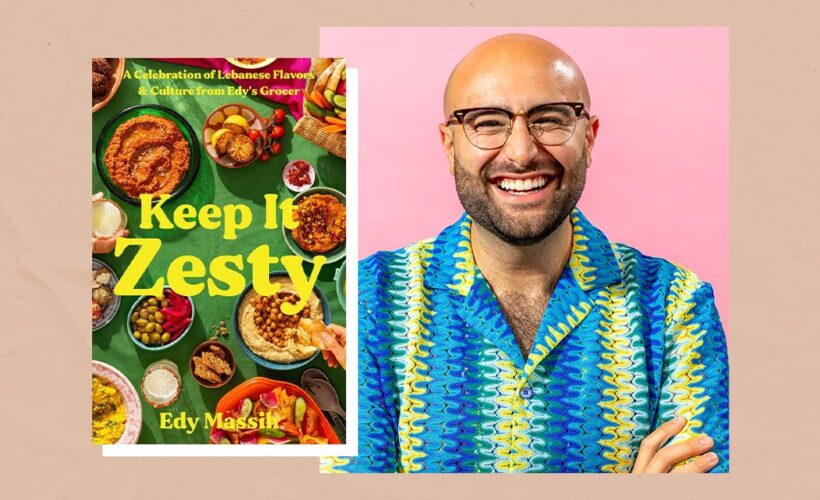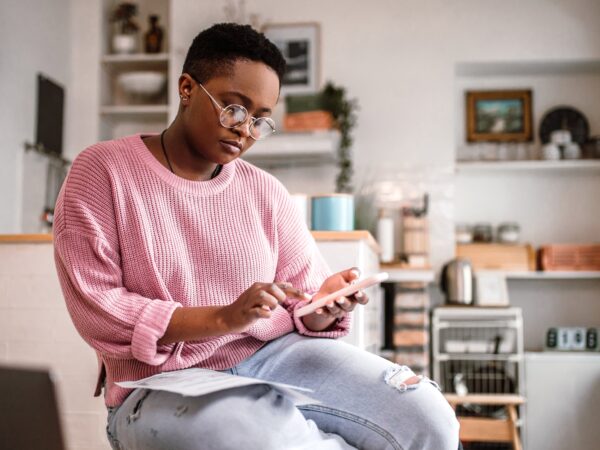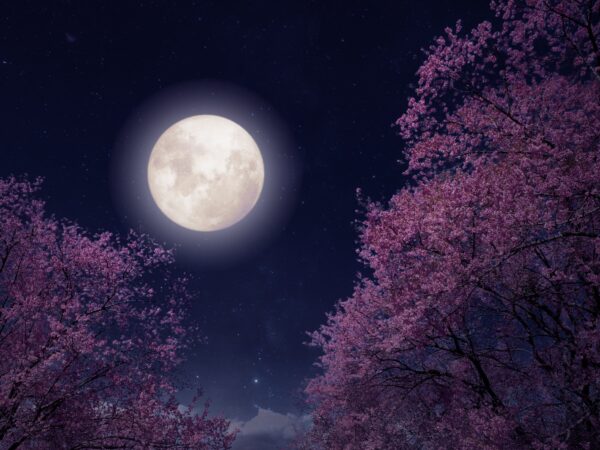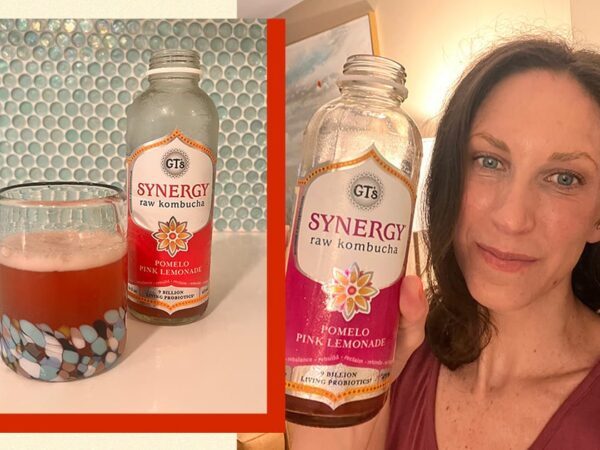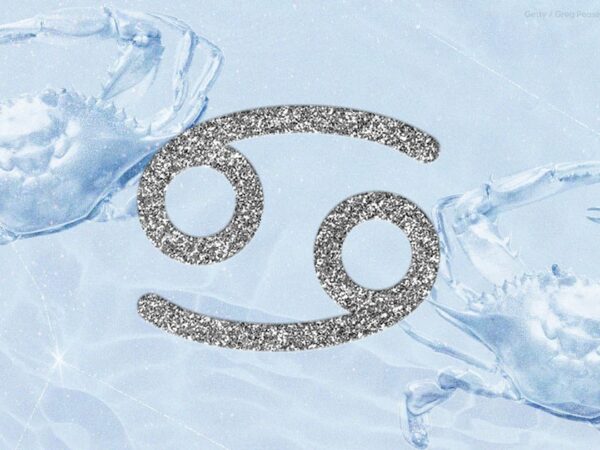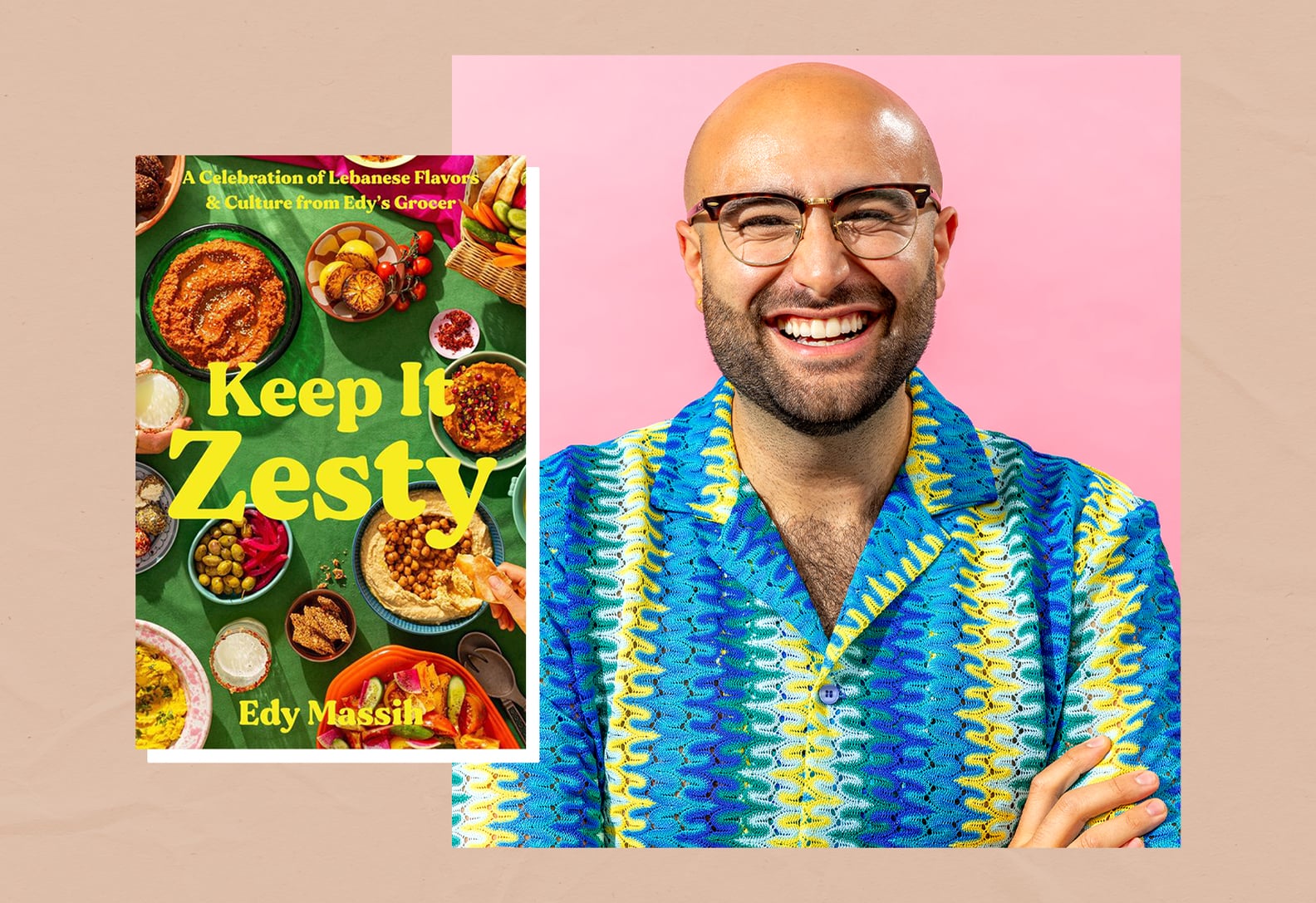
If you’ve visited Greenpoint in Brooklyn, you’ve likely heard of Edy’s Grocer, a Lebanese pantry and cafe that stocks its shelves full of goods imported from across the Middle East. Edy Massih, the owner, opened up shop in 2020, when he was just 25 years old. These days, Massih is preparing for the May 21 release of his cookbook, “Keep It Zesty,” which details recipes from his grocer and catering business, as well as delves into his childhood growing up in Anfeh, Lebanon; his journey coming out as queer; and what it was like to open up shop.
“I’m still learning and growing every day, but what I know for sure is that the power of food and cooking brings a deeper awareness, connection, and expression of the person I’ve always been,” Massih writes in the book’s introduction.
For Arab American Heritage Month, PS spoke to Massih about the universal language of food, his intersectional identities, and, of course, his favorite recipe from the book.
Read it all below.
On Why Edy’s Grocer Means So Much to Him
Edy Massih: Why I love the work is that we have become somewhat of a staple for the community here and our neighborhood. I think there are so many people who come into the grocer and get teary-eyed because they’re from Lebanon and they haven’t seen this type of food or grocery items that we have and they’re just so excited — that’s a really big part of it.
The messages I get online also really mean a lot to me. It’s a lot of people from Michigan or Texas who haven’t even been to the grocer but they just think my presence online and what we’re doing is really important. And outside of that, at catering events, there are so many people who are like, “I’ve been following you for a long time.” Actually going to people’s homes and going to events and people recognizing me or my work, that’s what really makes it so worthwhile.
“Lebanon or the Middle East in general is shown as this war-torn world, and I think the way to take the light away from that is through delicious, beautiful food.”
When we were first opening, it was so much work to open a grocer at the age of 25 also not knowing what the hell I was doing. But in the middle of painting and doing so much stuff, Aug. 4 happened in Lebanon, which was the big explosion in Beirut. So that morning, I woke up and saw the news and truly couldn’t get myself out of bed — I was just checking in with my family, but also my heart was there and I didn’t know how to pay attention to what was happening here. I remember going into the store to keep on working because we were 10 days from opening our doors, and this neighbor — I don’t even know their name — came in and she had red, white, and green flowers for me and this beautiful note written out for me that’s in my safe, actually. It said something like, “We know what you’re doing for your people, and we’re so happy you’re doing this, keep going, we can’t wait for the opening.” I think I keep that in the back of my mind, because even on your lowest days, there are still people who are excited about what you’re doing.
On the Universal Language of Food
EM: If you don’t know a language, you know the food language. Food speaks 1,000 words on its own. If you can’t go somewhere and visit it, the closest thing to it is the food. You might not be able to speak Arabic or you might not be able to make it to Lebanon ever, but I think the closest thing to it is having the food or an experience around the food. Lebanon or the Middle East in general is shown as this war-torn world, and I think the way to take the light away from that is through delicious, beautiful food. I think people then forget what the news and TV has brainwashed them to believe is this horrible place.
On Why It’s Important to Share His Queer Identity With Others
EM: I think that a lot of queer or gay Middle Eastern people are very shy to be open about that, and I went through so much in my life to identify with who I am truly that I feel like I need to put it out there. It’s almost to prove it to myself but to nobody else. It’s such a big layer of who I am as a human being that I think if it’s not part of my story, then it isn’t my story.
“I’m Lebanese, I’m a chef, but I’m also gay. Those three are such a big part of who I am.”
Coming out to my friends and to my family was such a big struggle and such a big part of my life, and being bullied for so many years until that moment of recognizing what it was to be gay and being okay with it internally before telling people about it — I think there’s just so many layers to it that I felt like, it is part of my identity. I’m Lebanese, I’m a chef, but I’m also gay. Those three are such a big part of who I am, so I think it had to be part of my story in the book and also just part of the whole book itself.
I know so many boys from my hometown, Anfeh, in Lebanon, who are gay but are closeted and are married now and have kids. I think back to that, and I’m like, if I stayed in Lebanon and I stayed in Anfeh and I stayed where I was and my parents didn’t make us move here, I would be that boy as well. I would probably be married by now with two kids, taking over my dad’s business. I think I owe it to my younger self to be proud of where I am today. It’s more about that next generation that’s either following me or looking up to me, whether they are in Lebanon or they’re in the US and closeted — it’s to give them the courage of like, if I can do it, you can do it.
On His Favorite Recipe From the Book
EM: I’m not a dessert person whatsoever — like I’m truly not — I will skip dessert whenever. I’m also not a baker whatsoever. But I will say that the labneh mousse in the book is my absolute favorite recipe, because it was one of those recipes that I really put a lot of time and effort into coming up with. It was supposed to be a labneh ice cream recipe, and it just kept failing because I would freeze it and the labneh would have too much fat content for it to freeze correctly, so it was freezing like ice. So I made it into a labneh mousse.
I have been making it now for a little bit, and anytime anyone has it, they’re like, “Oh my god, this is amazing.” We just opened up for dinner service in February, so we’ve been serving it as a dessert, as a labneh mousse sundae. It’s been one of our bestsellers. It’s so good because it’s sweet but tangy and salty at the same time, and that’s what I always look for in a dessert. And it’s so freaking simple, it’s the easiest thing to make, and you can add any toppings that you want in it.
Source:POPSUGAR

